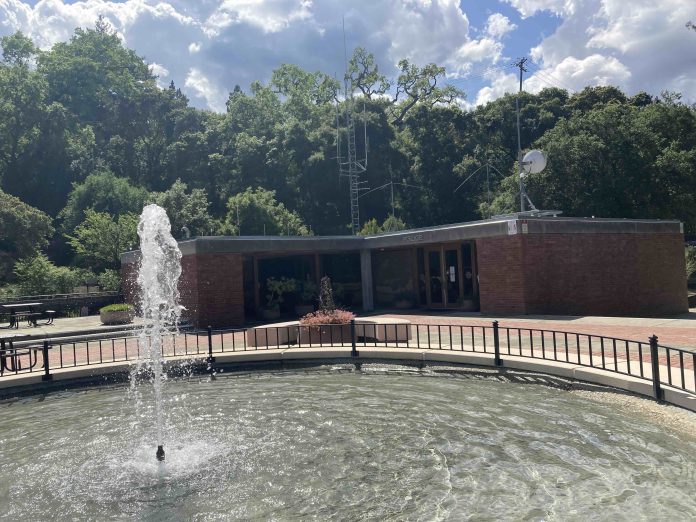
In our increasingly digital world, it seems we can’t buy a belt or call a bank without being asked to take a survey. These requests have become a routine part of modern life. But not all surveys are created equally, and some are far more important than others, especially when it comes to shaping the services and future of our community.
I recently bought a leather belt after doing research on Amazon. Admittedly, I conducted a survey of other purchasers of the product to determine whether to buy this belt. The reviews, aggregated into star ratings, convinced me it was worth the price. Of course, I received a survey request a few days after the purchase, asking me to evaluate the belt and my shopping experience. It was an easy survey to ignore.
On another occasion, I called my bank to ask about cashing out a certificate of deposit (CD). After being transferred numerous times, I was told I would have to come into the bank to complete the transaction. Despite this result, which felt more like a customer runaround than a service, I nevertheless received an email survey request from the bank. Again, I chose not to respond. The irony of being asked to rate a frustrating experience wasn’t lost on me.
We’ve all had these moments: finish a doctor’s appointment, get a survey; take a flight, get a survey; decline a receipt at a grocery store, get a survey anyway. This relentless pace of feedback solicitation has led to what many refer to as “survey fatigue.” The tool that organizations rely on to improve customer satisfaction often ends up in the virtual trash, unopened and unread.
But while most surveys seem inconsequential or even intrusive, some truly matter, especially the ones that affect our town’s future. One survey that should be paid attention to by the town’s service providers, is the town’s service provider survey, which is intended to help the town assess the needs of the community. These aren’t just corporate checkboxes; they’re instruments for understanding what residents value and where local government should focus resources.
A great example of a meaningful survey effort is the work done by the Los Gatos Senior Services Committee. Through carefully crafted community questionnaires, they gathered data directly from residents. The results were actively used to identify gaps in service delivery and inform policy. This public input paved the way for the creation of the Senior Services Road Map, a forward-thinking document that guides decisions affecting some of our most vulnerable residents, among others. Perhaps most notably, this effort has fueled the push to have a new community center built in Los Gatos, a facility that could better serve residents of all ages.
These community-driven surveys are catalysts for real change. But their impact depends entirely on participation. If residents ignore these questionnaires the way we ignore post-purchase feedback emails, the results will be incomplete, and our local policies may not reflect the true needs or desires of the community.
So how do we distinguish between the noise and the signal? One clue lies in intent. A corporate survey, like the ones from Amazon or your bank, usually serves the company’s interests first. They want to know how likely you are to recommend them, not necessarily how to improve a specific issue. But a town-issued survey is designed with a different purpose: to listen, learn, and act in the public interest.
Another difference is transparency. When a community survey leads to a published report, a town meeting, or a new public initiative, residents can see how their input made a difference. That feedback loop builds trust and encourages continued participation.
As Los Gatos continues to evolve, with growing conversations around housing, transportation, public safety, and recreation, the role of citizen input is more critical than ever. Whether it’s shaping the next budget priorities, identifying underserved neighborhoods, or improving town infrastructure, your voice can have a direct influence, if you take a few moments to be heard.
So, the next time you get a survey in your inbox, don’t delete it immediately. Ask yourself: Is this about my latest online purchase, or is it about the future of my community? If it’s the latter, consider it a civic duty to respond.
Because unlike that belt review, your input here won’t just sit in a database, it might just shape the next chapter of Los Gatos.









